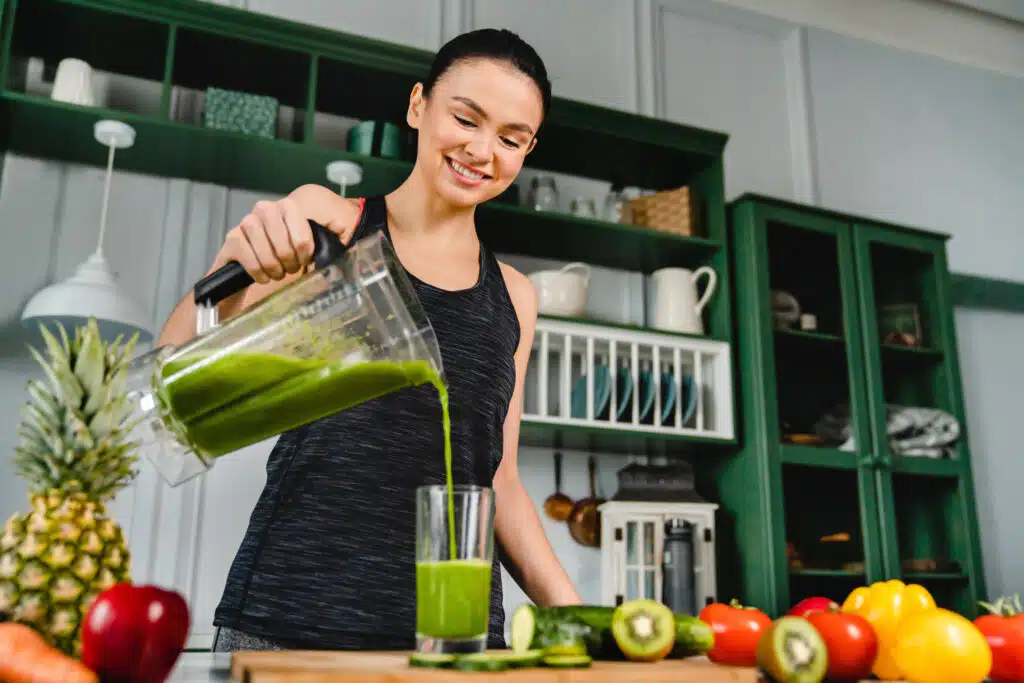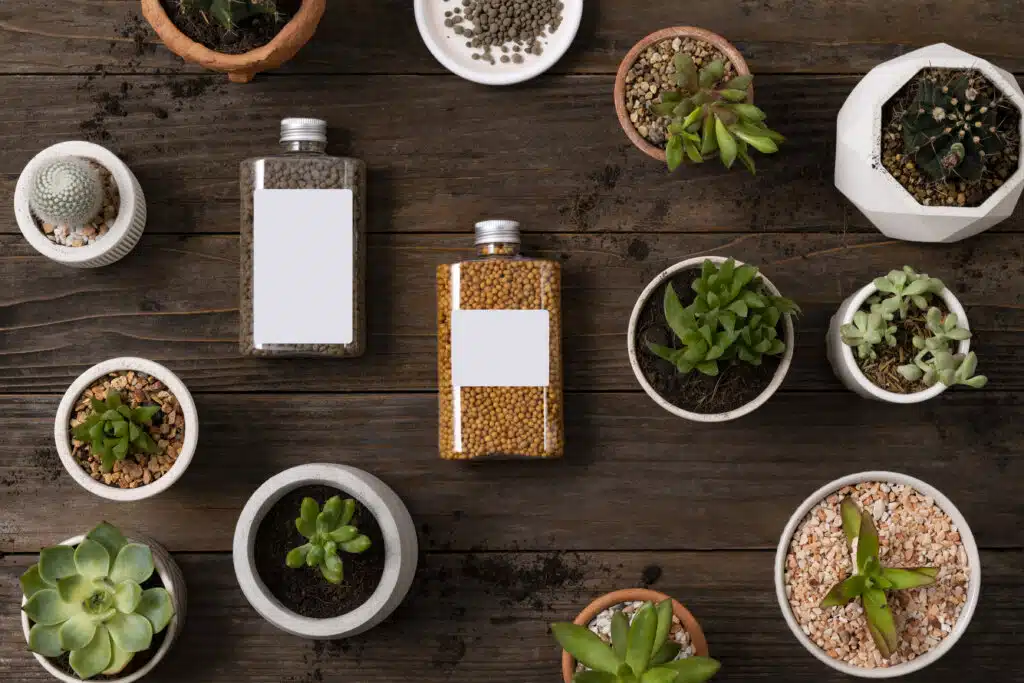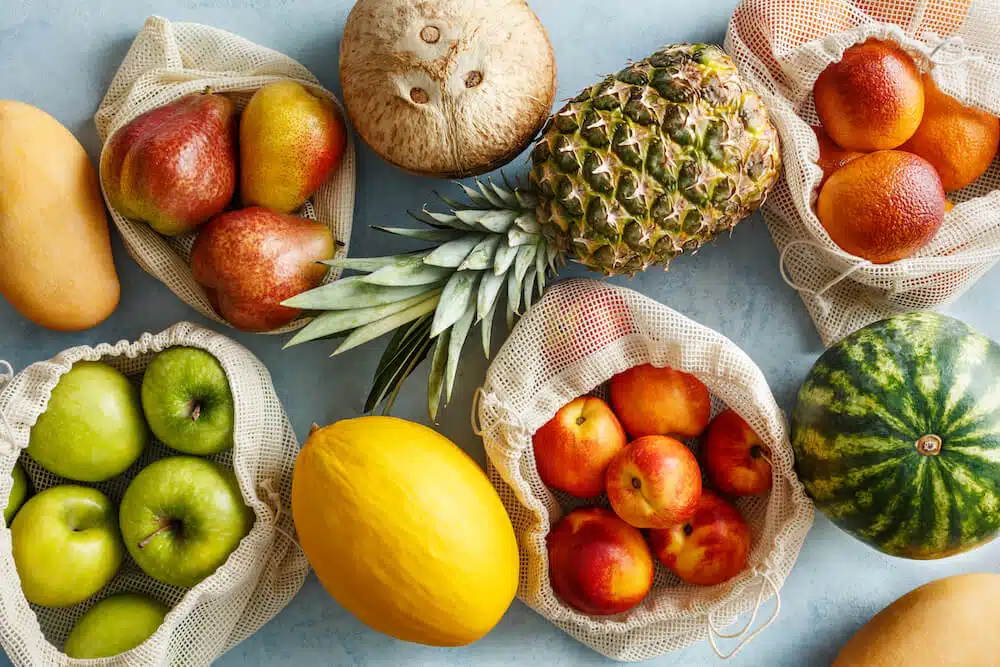What is a Certified Organic Product?
A certified organic product is an item that has been produced, stored, processed, handled, and marketed in accordance with specific standards and declared ‘organic’ by a certifying body. These items are free from synthetic chemicals and GMOs, and they are cultivated and processed through environmentally sustainable, biodiversity-promoting methods. Obtaining organic certification signifies the product’s adherence to rigorous production, handling, and labeling standards.
What are the EU Rules on Organic Products?
The European Union (EU) establishes specific regulations for organic products, encompassing detailed standards for farming, labeling, control, and import. These standards are stringent, ensuring environment-friendly practices at all stages of production and processing while respecting animal welfare. They apply to an extensive range of products, including food and drink, crops, livestock, wine, aquaculture products, yeast, and yeast products.
How Do I Get Organic Certification in Europe?
Obtaining organic certification in Europe involves undergoing a thorough certification process. This process includes an assessment by a third-party certification organization, ensuring the products comply with the set standards. While time-consuming and costly, the process guarantees that the organic products meet the high-quality and sustainability standards expected by consumers.
Is 100% Organic the Same as Certified Organic?
While similar, the labels “100% Organic” and “Certified Organic” are not exactly the same. “100% Organic” implies that all the ingredients and processes involved in the product’s creation are organic. On the other hand, a “Certified Organic” product refers to an item that contains a minimum of 95% organic ingredients (excluding water and salt) and that no synthetic growth hormones, GMOs, artificial colors, flavors, or preservatives were used.
Key Organic Certifications in Europe
A number of respected bodies facilitates organic certification in Europe, each having stringent criteria for ensuring that products meet established standards of organic production. Here are some of the key certifications:
EU Organic Logo
The EU Organic Logo, also known as the Euro Leaf, signifies that a product has been grown and produced in line with the European Union’s regulations for organic farming. Since July 2010, it has been mandatory for all pre-packaged organic food products within the EU.
Soil Association Certification
The Soil Association is the UK’s largest organic certification body. Their certification guarantees that a product adheres to high standards of sustainability and quality.
Ecocert
Originating in France and operating in over 130 countries, Ecocert certifies not only food and food products, but also cosmetics, detergents, perfumes, and textiles, affirming their organic nature.
Bioland
Bioland is one of Germany’s major organic-food associations, providing certification services in areas such as farming, processing, importing, and trading.
Demeter
Demeter is an international certification body for Biodynamic farming, which is a level above organic farming. It operates in over 50 countries, validating that products have been produced using biodynamic farming methods.
KRAV
KRAV is a prominent figure in the organic market in Sweden. This body develops organic standards, conducts inspections of organic producers, and promotes the KRAV label.
Each of these bodies plays a significant role in maintaining the integrity of organic products, providing assurance to consumers that certified products adhere to strict organic farming principles and practices.


What Products Can Be Certified as Organic?
The range of products that can be certified as organic is extensive. These span from food items to non-food products, as long as they comply with the specific standards set forth for organic certification. Here, we delve deeper into the categories of products that can gain organic certification.
Food Items
Food items are perhaps the most common category of products associated with organic certification. These include:
- Fruits and Vegetables: From apples to zucchini, all varieties of fruits and vegetables can be certified organic if they are grown without synthetic fertilizers, pesticides, and are non-GMO.
- Grains: Wheat, rice, corn, oats, and other grains can be certified organic, given they are grown according to organic farming principles.
- Meat and Poultry: Meat and poultry products can be certified as organic if the animals are raised on organic feed without antibiotics or growth hormones, and have access to the outdoors.
- Dairy: Milk, cheese, yogurt, and other dairy products can be certified organic if they are sourced from animals that are organically raised and given organic feed.
- Eggs: Eggs can be certified organic if they come from chickens that are fed organic feed, not given antibiotics or hormones, and have access to the outdoors.
- Processed Foods: Processed foods, including canned goods, frozen foods, snacks, and baked goods, can be certified organic if they are made with at least 95% organic ingredients and are free from synthetic preservatives and artificial flavors.
Non-Food Items
Apart from food items, many non-food products can also be certified as organic, providing they meet the necessary requirements. These include:
- Cosmetics: Organic cosmetics, such as makeup, lotions, and creams, are made with organic ingredients and without harmful chemicals.
- Skincare Items: Soaps, shampoos, conditioners, and other skincare products can also be certified as organic. They must be made from organic ingredients and free from harmful chemicals.
- Textiles: Organic textiles, such as clothing, bedding, and towels, are made from materials grown and processed organically.
- Cleaning Supplies: Household cleaning products can be certified organic if they are made with organic ingredients and free from synthetic fragrances, dyes, and other harmful chemicals.
These product categories show the diversity of the organic certification scope. Whether a product is a food or a non-food item, organic certification assures customers of the product’s purity, sustainability, and compliance with organic production standards.


The Certification Process in the EU in 4 Steps
Gaining organic certification in the European Union (EU) involves a rigorous process that ensures the product’s compliance with the EU’s organic standards. Below, we break down this process into four streamlined steps.
Step 1: Understand and Implement the EU Organic Standards
The initial step involves gaining a thorough understanding of the EU’s organic standards, which cover all aspects of organic production. Once you understand these rules, you need to implement organic practices across your operations, including cultivation, production, processing, packaging, and storage methods, to comply with the EU’s standards.
Step 2: Choose a Certifying Agency and Complete the Application Process
In Europe, several recognized certifying agencies can certify organic products. After researching these agencies and considering their fees, you should select the one that best aligns with your needs. Upon selection, you will need to complete the application process for organic certification. This requires providing detailed information about your operations, including the types of products, production methods, and your suppliers.
Step 3: Inspection and Review
Following a successful application review, the certifying agency will carry out an on-site inspection. The inspection aims to verify the information provided and ensure that the operation complies with EU organic standards. It may also involve sample testing. Once the inspection is complete, the agency will review the findings. If they confirm that your operation complies with EU standards, the agency will proceed to the next step.
Step 4: Certification and Annual Recertification
After a successful review, the agency will issue an organic certificate. This document verifies your compliance with EU organic standards and authorizes you to market and sell your products as organic within the EU. It’s important to note that certification is not a one-time process. To maintain their certification status, organic operations need to undergo annual inspections. This process ensures continuous compliance with EU organic standards.
The Benefits of Certified Organic Products
Certified organic products offer numerous benefits. They cater to consumers looking for natural, healthy options and those concerned about conventional agriculture’s environmental impact.
Moreover, they are often perceived as being of superior quality as their cultivation and processing methods emphasize sustainability. Furthermore, the certification can bolster customer trust, differentiate your products from competitors, and allow for premium pricing, thereby increasing the business’s sales and revenue.


3 Strategies for Incorporating Organic Products into Your Private Label Business
1. Gradual Expansion of Organic Product Line
One strategy is to start small and gradually expand your organic product line. This approach can manage the costs related to certification and allows for market testing before committing a significant investment.
2. Collaboration with Certified Businesses
Another effective strategy is to collaborate with businesses that already have organic certification. This can reduce the complexities and costs associated with the certification process and facilitate quicker addition of organic products to your product line.
3. Leveraging Platforms like Wonnda
The final strategy involves leveraging platforms like Wonnda. This platform connects organic manufacturers with brands wishing to include organic products in their product lines, simplifying the sourcing process and reducing associated costs.
Conclusion
Incorporating certified organic products into your private label business can help differentiate your brand and appeal to the growing number of consumers looking for organic options. By understanding the benefits of certified organic products, the certification process, and strategies for incorporating organic products into your business, you can make informed decisions about how to best incorporate organic products into your product line.
With the help of a platform like Wonnda, finding and incorporating certified organic products into your private label business can be made accessible.